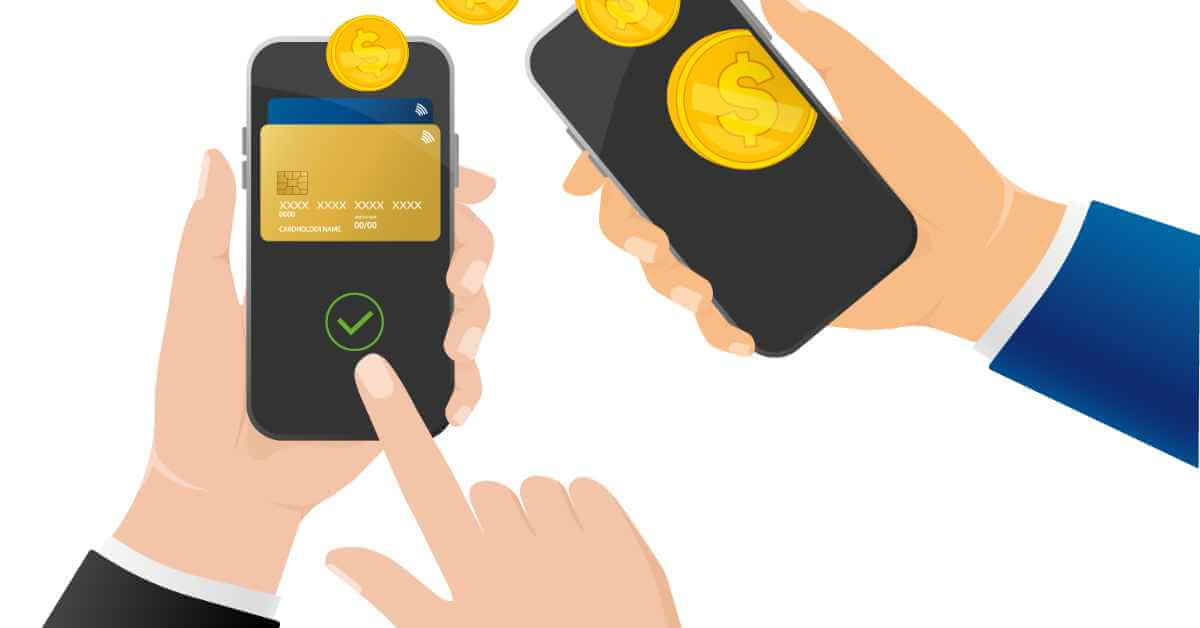Choosing and Integrating a Payment Gateway: A Guide to Online Payments, Transaction Processing, and Providers of Payment Gateways

Selecting a secure payment system is crucial for eCommerce. A payment gateway enables electronic payments and card processing. Choose the right provider to ensure compatibility with your business needs. Understand payment gateway functionality for an informed decision.
What is a payment gateway?
A payment gateway is a service enabling the authorization and processing of payments. It is useful for both online and offline stores. It acts as a secure portal, facilitating the smooth flow of transactions between customers and merchants. By utilizing security protocols and encryption, the payment gateway ensures the safe transfer of transaction data. This data is transmitted between websites, applications, mobile devices, payment processors, or banks, creating a seamless and protected payment experience.
Payment gateways can execute various transaction types, such as Authorization, Capture, Sale, Refund, and Void.
Payment processing flow
Online payment processing involves a complex infrastructure that may not be apparent to customers. From the customer’s perspective, it appears as a small window or a separate website where they checkout. However, behind the scenes, multiple financial institutions and tools verify transaction data, enabling customers to complete their purchases quickly.
When a customer proceeds to checkout and provides their card data, including the card number, expiration date, and CVV, the payment gateway undertakes several tasks within approximately 3-4 seconds:
- Customer.
- Merchant and payment gateway.
- Payment processor.
- Visa/Mastercard/American Express/Discover.
- Issuer bank.
- Payment gateway.
- Customer and issuing bank.
- Issuer bank.
Payment gateway integration
If you plan to handle sensitive financial data, it is essential to comply with industry regulations, such as the PCI DSS. This standard is a crucial requirement for processing card payments securely.
Choosing a payment gateway provider
To choose a payment solution for your business, you should consider your business requirements, specific needs, and customer preferences. Before finalizing your choice of a payment provider, it is crucial to consider several essential factors:
1. Assess the pricing model of the payment solution, taking into account factors such as transaction fees, setup fees, monthly fees, and any potential additional charges. Consider the cost implications and ensure they are in line with your budget and projected transaction volumes.
2. Ensure that the payment gateway is compatible with an extensive range of payment methods. It includes credit or debit cards, digital wallets, and alternative payment options.
3. If you operate globally or plan to expand internationally, verify whether the payment solution supports multiple currencies. It is crucial to enable seamless transactions for customers worldwide.
4. Consider the ease of integrating the payment solution into your existing website or eCommerce platform. Look for compatibility with popular platforms and the availability of plugins or APIs for smooth integration.
5. Pay attention to the security measures offered by the payment provider. Look for features such as data encryption, fraud detection tools, and compliance with industry standards like PCI DSS. Security is crucial to protect both your business and customer data.
6. Evaluate the checkout experience provided by the payment solution. A smooth and intuitive payment process can enhance customer satisfaction and reduce cart abandonment rates.
7. Consider the level of customer support the payment solution provider offers. Check if they provide timely assistance, offer support channels, and have a reputation for responsive customer service.
8. Research the reputation and reliability of the payment provider. Read reviews, seek recommendations, and assess their track record in terms of uptime, transaction speed, and overall reliability.
UniPay as your payment gateway provider
UniPay is an innovative and comprehensive payment gateway solution developed by industry experts. It is designed with advanced built-in features and flexible gateway payment services. These high-standard payment gateway services offer a variable and robust platform built on open-source commercial software. You can level up your payment gateway with additional services following your needs.
UniPay has three unique pricing models, allowing businesses to smoothly upgrade from one solution to another. In that case, a company can use the same technology with more advanced functionality.
Contact UniPay to know more about the payment services that open new perspectives for your business.
Custom payment gateway
Numerous payment gateway providers offer comprehensive shopping experiences for your customers and various integration methods. However, if you’re a large enterprise, you may consider developing your own payment solution to overcome vendor limitations.
How to build a custom gateway?
When considering building a custom gateway, you have several alternatives to choose from. Firstly, you can register as a payment gateway provider with a credit card company through your acquiring bank. Another option is to utilize open-source payment gateway software, which can reduce engineering costs but may limit customization options.
However, developing an independent custom gateway and payment processing infrastructure entails significant expenses, ranging from $150,000 to $800,000. This cost includes engineering, maintenance, PCI DSS compliance certification, SSL certification, API documentation writing, and administration expenses. Additionally, launching a fully operational system and integrating it into your product requires time and effort.
While optimizing your gateway and reducing transaction fees are important considerations, knowing potential security issues typically managed by gateway providers is crucial. Obtaining PCI compliance and implementing fraud management measures can help instill customer confidence.
Conclusion
In conclusion, whether you opt for a payment gateway/processor provider or build your payment portal, having an inbuilt payment system on your website is generally more beneficial for online merchants. Such websites are typically more trusted by customers. If you aim to enhance client confidence, it is important to integrate a payment solution that fosters trust, offers support for multiple payment methods, and provides robust protection against fraudulent activities.
By giving priority to these factors, you can enhance the safety and convenience of the payment experience for your customers.
